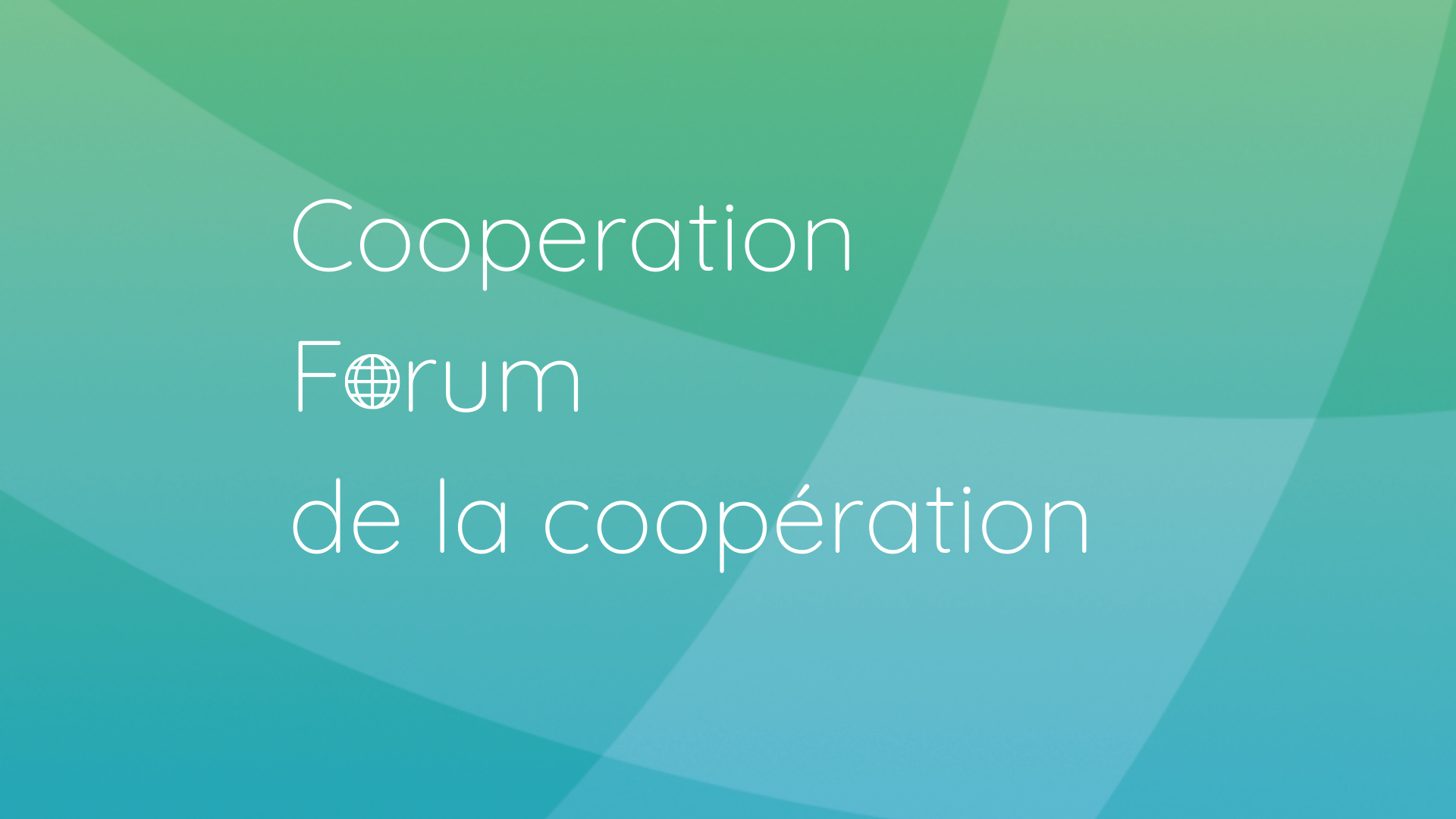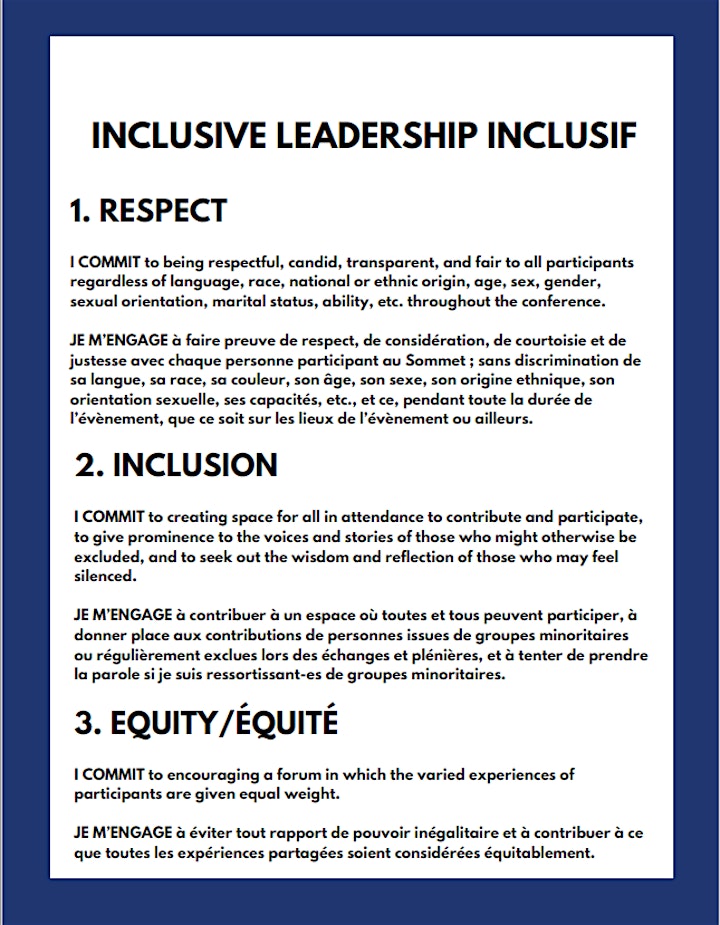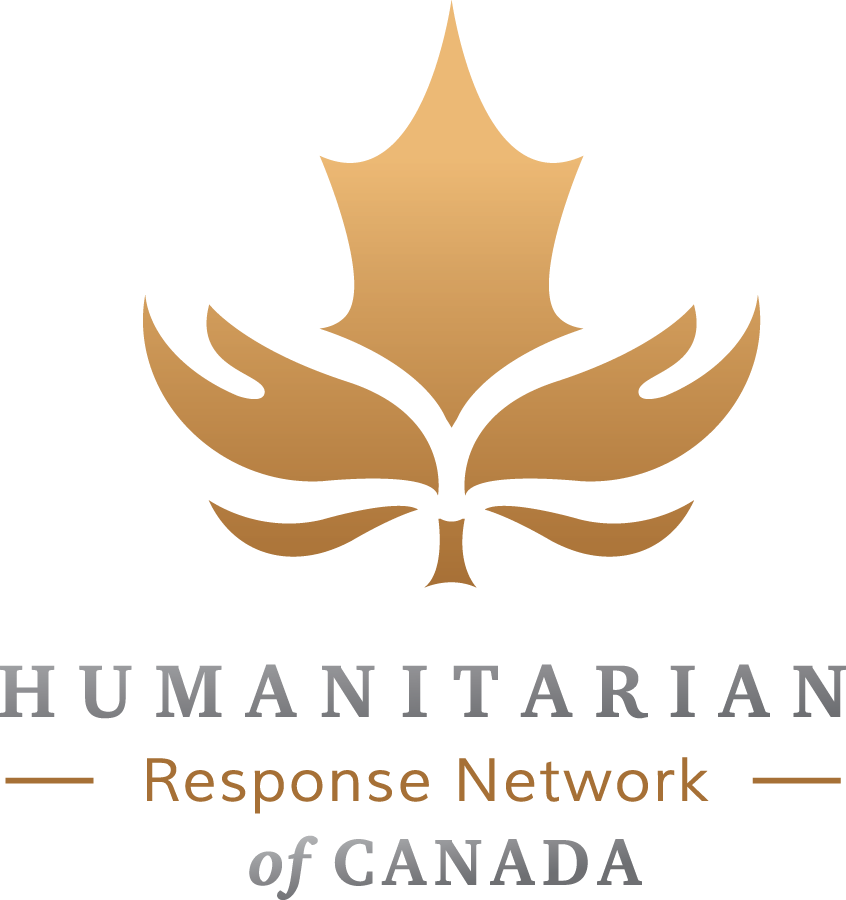
- This event has passed.
Co-operation Forum
June 8, 2020 @ 8:00 am - June 11, 2020 @ 5:00 pm UTC+0

The Canadian Council for International Cooperation is organizing the Cooperation Forum on June 8 – 11 at the National Art Centre in Ottawa. This Forum is aimed to convene it’s members to discuss different thematics surrounding foreign policy, celebrate sector contributors, host CCIC’s AGM and more!
Please register using eventbrite for each event you will be attending.
June 8th
Training: Liability, Duty of Care, and Senior Leader Responsibilities
This half day workshop covers duty of care responsibilities through use of a case study, and is jointly presented by CARE Canada’s Safety and Security Lead, and Paul Willetts, a founding partner of Vey Willets LLP in Ottawa, who will explain the legal responsibilities of senior leaders in full.
June 9th
The HRN Heads of Agency meeting
The HRN Heads of Agency (HoA) meeting is an annual event that convenes Executive Directors/CEOs of HRN members, their senior humanitarian staff, and Government of Canada representatives to discuss and consider our collective experience in humanitarian response.
Participation in this event is limited to EDs/CEOs (or a senior-level designate) and a second representative of each HRN member organization.
June 10th
Session `1- June 10 1:30-3:00
- Peace and development
- Future of the FIAP
- Climate and Development
Session 2- June 10 3:30-5:00
- Communications Retreat
- Innovative finance
- Faith and Development
Session Descriptions:
Peace and development (Session 1)
Following on election promises in 2019, the Canadian government included the establishment of a Canadian Centre on Peace, Order and Good Government as part of the mandate letter for the Minister of Foreign Affairs, supported by the Minister of International Development. The Centre is expected to expand Canadian expertise and assistance in peace building, advancing justice, the promotion of human rights and democracy, and good governance. In addition, mandate letters continue to prioritize Canada’s support for United Nations peace operations, including investments in women, peace and security, ambitions to obtain a Security Council seat in June 2020 and efforts to reinforce regimes and institutions that support Canada’s objectives as they relate to peace and development. The session, shaped and programmed by the session sponsor with support from CCIC as necessary, will examine the roll-out of Canada’s peace and development priorities, progress to date and identify opportunities for civil society input and influence on Canada’s approach.
Future of the FIAP (Session 1)
The Feminist International Assistance Policy enters its third year of implementation in 2020. While implementation has been relatively slow with action area policies only emerging in 2019, the roll-out has included the development of key performance indicators and a range of funding commitments across sectors to realize women’s rights and empowerment, including through support to local women’s rights organizations. More recently, Canada’s Foreign Affairs Minister, Minister Champagne, announced that the government will prepare a white paper on Canada’s feminist foreign policy. Global Affairs Canada is also carrying out an internal stocktaking on its efforts to implement the FIAP. Finally, Canadian civil society organizations have recently completed a survey on their experiences integrating gender equality and women’s empowerment into policies, operations and programs following the establishment of the FIAP. Shaped by the session sponsor(s), the discussion on the future of the FIAP will take stock of accomplishments from the past three years and identify strategic entry points for influence and policy engagement in the articulation of Canada’s feminist foreign policy.
Climate and Development (Session 1)
As Canada look towards the pending conclusion of Canada’s five-year Paris Agreement climate finance commitments, 2020 will be an important year for policy engagement by civil society and others in defining the future of Canadian contributions in support of climate action. Guided by a feminist and human rights-based approach, Canada’s international assistance is one of the many critical ways that Canada is contributing to addressing the impacts of global climate change. As efforts are required to reduce global GHG emissions, more must also be done to address the climbing human toll of changing climate on the world’s most vulnerable people. Guided and developed by sponsors, this session will include discussions on opportunities for civil society organizations to advance a strong Canadian approach to climate change and development through efforts related to advocacy and policy engagement, operations and programming.
Communications retreat (Session 2)
CCIC’s Annual Forum will serve as an important mid-point in the development of the sector’s overall investment case for official development assistance. CCIC and its members will present the overall investment case as well as draft sector-specific or “micro” investment cases. The Annual Forum will offer an opportunity for CCIC’s Communications Working Group to review ODA investment case products, brainstorm communications products and develop a communications plan and roadmap ahead of the official launch of the investment case in September 2020.
Innovative finance (Session 2)
Following budgetary announcements in 2018, Global Affairs Canada launched the International Assistance Innovation Program (IAIP) in 2019, a $900 million program over 5 years. The pilot program offers concessional financial instruments to build markets through pro-poor investments, support gender equality and mobilize public and private finance for better investments in developing countries. Following three rounds of proposal submissions, this session will examine civil society and Global Affairs Canada experiences with the IAIP. Supported by CCIC, session sponsors will shape the overall focus of the discussion, identify speakers and develop the approach to engagement with Global Affairs Canada in the session.
Faith and Development (Session 2)
Canada’s international development and humanitarian sector is diverse. It is characterized by small, medium and large organizations inside and outside civil society from coast to coast to coast. These organizations contribute to sustainable development through mandates focusing on delivery in humanitarian crises, social justice, community-based development, government engagement, advocacy and much more. Across these dimensions of diversity, Canada’s international development and humanitarian sector is home to a range of faith-based and secular organizations. This session will offer an opportunity for sponsors to advance discussions on faith in the Canadian development community through engagement with faith-inspired, faith-based and secular organizations on the critical role of faith as it relates to development programming in many of Canada’s partners countries. The session will include opportunities for exchange on faith as a competency in development, interfaith collaboration and how to engage Global Affairs Canada on the intersection between faith and development.
https://ccic.ca/coopertion-forum/


